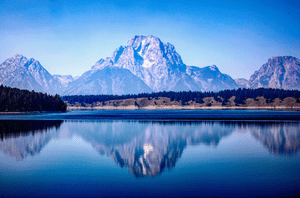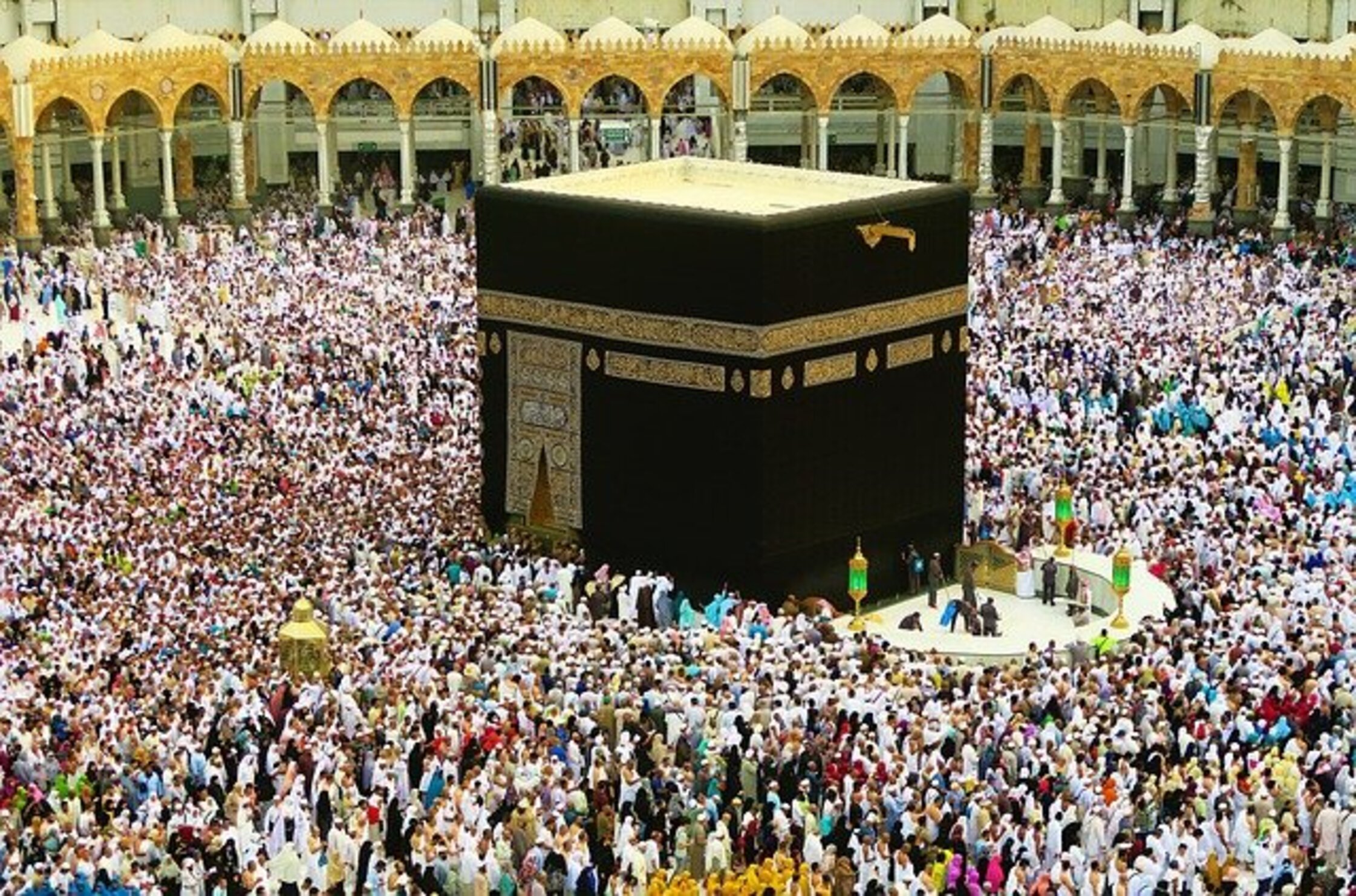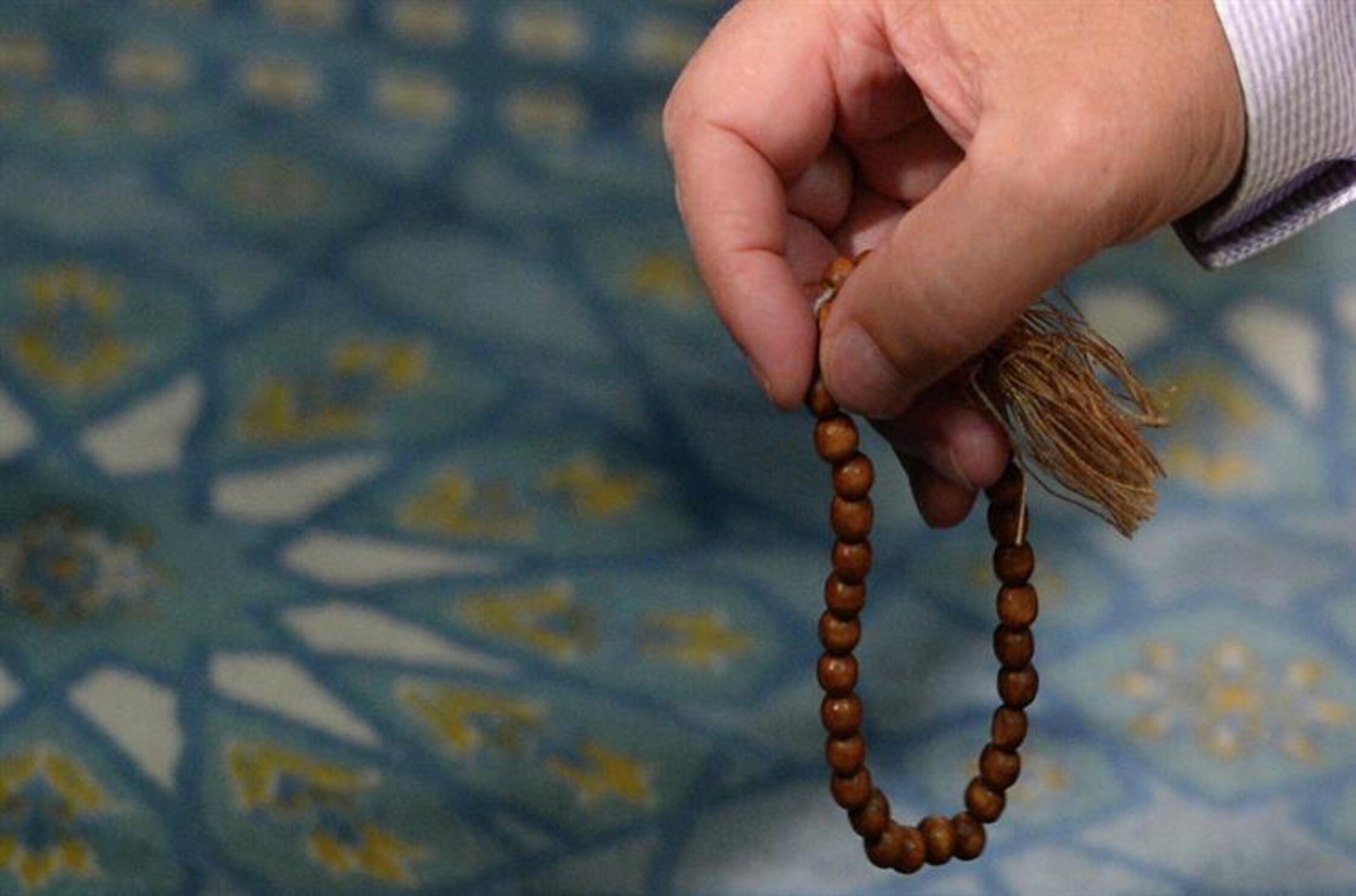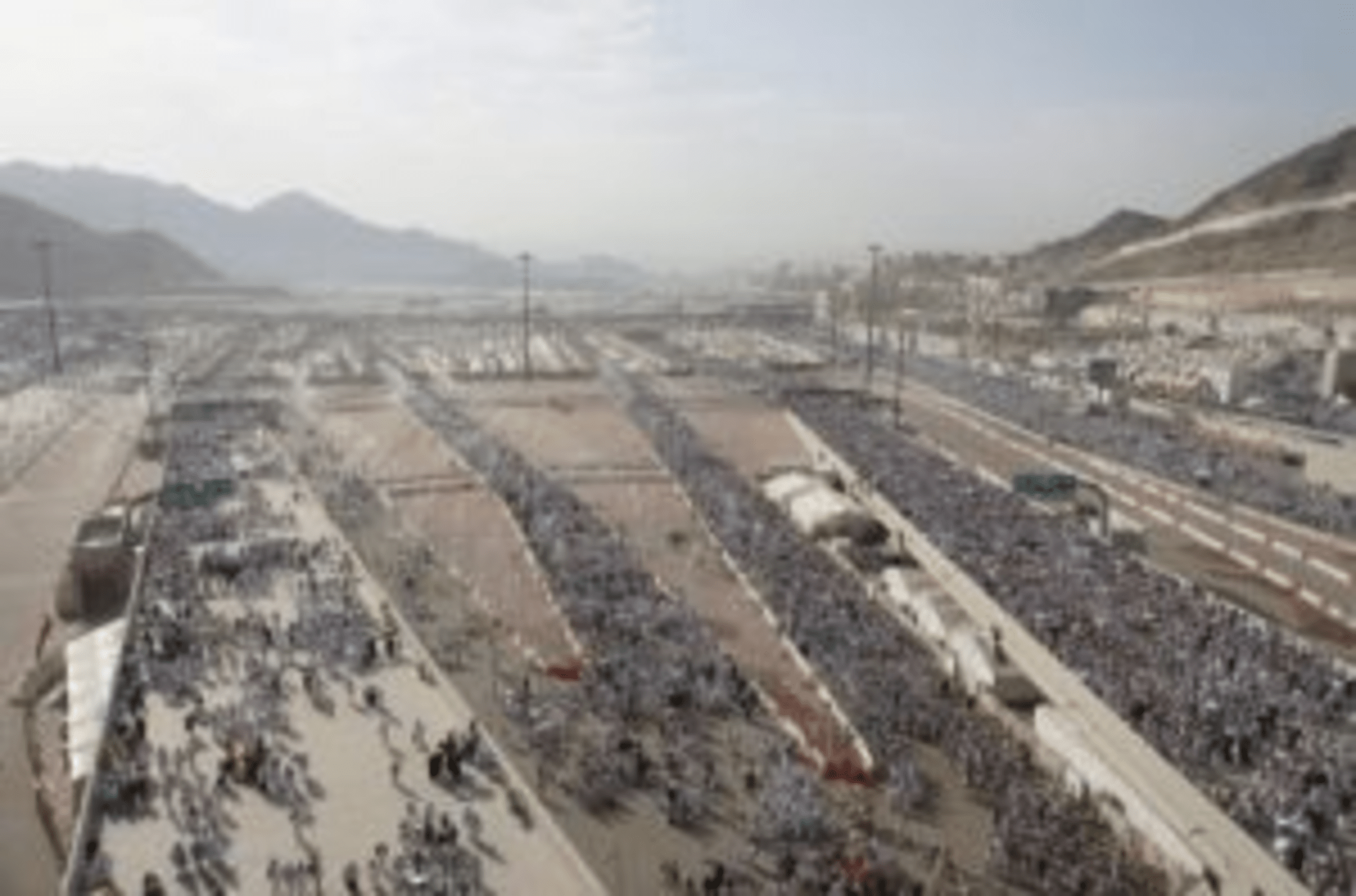The Day of ʿArafah (9th of Dhul Ḥijjah) is the greatest day of ḥajj. It is the day on which sins are forgiven, souls are released from the Hell-fire, and duʿās are readily accepted. This day is also special because it was the day Allah (subḥānahū wa ta‘ālā) bestowed upon our Ummah’s greatest gift: He perfected the religion of Islam and completed His favour upon us.
ʿUmar b. al-Khaṭṭāb (raḍiy Allāhu ‘anhu) narrated: ‘Once a Jew said to me: “O leader of the believers! There is a verse in your (Holy) Book which you all read; had it been revealed to us Jews, we would have taken that day (on which it was revealed) as a day of celebration.”’ ʿUmar (raḍiy Allāhu ‘anhu) asked him: “Which verse?” The Jew replied:
اَلْيَوْمَ أَكْمَلْتُ لَكُمْ دِيْنَكُمْ وَأَتْمَمْتُ عَلَيْكُمْ نِعْمَتِْى وَرَضِيْتُ لَكُمُ الْإِسْلَـٰمَ دِيْنًا
“Today I have perfected your religion for you, completed My blessing upon you, and chosen Islam as your religion.” (5:3)
ʿUmar (raḍiy Allāhu ‘anhu) replied: “No doubt, we know the day and the place when this verse was revealed to the Prophet ﷺ. It was Friday and the Prophet ﷺ was standing at ʿArafah (i.e. the Day of ḥajj)” (Bukhārī).
Fasting
When the Messenger of Allah ﷺ was asked about the fast of the Day of ʿArafah, he said: “It wipes away the (sins) of the past year and upcoming year” (Muslim).
If you have been unable to fast for the first eight days of Dhul Ḥijjah, ensure not to miss out on the amazing reward of fasting on this special day.
Freedom from Hell-fire
The Prophet ﷺ said: “There is no day in which Allah sets free more slaves from Hell-fire than the Day of ʿArafah. Indeed, He draws near, and He then boasts about them to the angels and says: ‘What do these (slaves of mine) want?’” (Muslim)
On this day, Allah (subḥānahū wa ta‘ālā) frees a huge number of His servants from the Hell-fire. This is Shayṭān’s worst day in the year. In just a few hours, years of Shayṭān’s efforts to mislead man come to naught. What enrages him even more is that not only does Allah free the pilgrims from the Hell-fire, but He frees the non-pilgrims too.
“The Day of ʿArafah is the day of freedom from the Fire. Allah frees from the Fire even those who are not physically in ʿArafāt, therefore the next day is ʿEīd and a celebration for the pilgrims and non-pilgrims alike.” – Ibn Rajab (raḥimahullāh)
ʿAbdullāh b. al-Mubārak (raḥimahullāh) approached Sufyān al-Thawrī on the evening of ʿArafah. Sufyān al-Thawrī (raḥimahullāh) was sitting on his knees and weeping bitterly. ʿAbdullāh b. al-Mubārak (raḥimahullāh) asked him: “Who is in the worst situation amongst these masses?” He replied: “The one who thinks that Allah will not forgive him.”
Ḥakīm b. Ḥizām (raḥimahullāh) would stand in ʿArafah with 100 camels and 100 slaves. He would then free the slaves for the sake of Allah. The people would then start crying loudly, saying: “O Allah! Your slave freed his slaves, and we too are Your slaves, so free us (from the Hellfire).”
The Day of Duʿa
The best action on this great day is duʿā’. The Messenger of Allah ﷺ said: “The best duʿā’ is the duʿā’ of the Day of ʿArafah. The best of what I and the Prophets before me have said is:
لَا إِلٰهَ إِلَّا اللّٰهُ وَحْدَهُ لَا شَرِيْكَ لَهُ ، لَهُ الْمُلْكُ ، ولَهُ الْحَمْدُ ، وَهُوَ عَلَىٰ كُلِّ شَيْءٍ قَدِيْرٌ
There is no god worthy of worship but Allah. He is Alone and He has no partner whatsoever. To Him Alone belong all sovereignty and all praise. He is over all things All-Powerful” (Tirmidhī).
We see an astounding spectacle of duʿā’ in the Farewell Ḥajj of our beloved Prophet ﷺ. After years of struggle in conveying the message of his Lord, the whole of the Arabian Peninsula comes under his control and finally accepts his message. Yet, gathered on the plains of ʿArafah, at his highest point of victory, we do not witness parades or displays of pomp.
Rather we witness nothing but humility and turning to Allah in desperate need.
Despite being over sixty years of age, undertaking a long journey from Madinah to Makkah, and being responsible for huge crowds, none of it comes in the way of worshipping His Beloved (ʿazza wa jall).
He delivers a moving and powerful sermon, and then leads his Companions (radiy Allāhu ʿanhum) in prayer, combining Ẓuhr and ʿAṣr. Everyone is looking at him. He moves towards the Mountain of Mercy, faces the qiblah and thereafter occupies himself in earnest duʿā’ until Maghrib. He spends approximately six hours in continuous duʿā’. He is so focused on making duʿā’ that even when the rein of his camel falls down, he grasps it with only one hand, and leaves his other hand raised towards the sky.
How strong was his connection with His Lord!
It is incredible to think that a man, to whom Allah had already given glad tidings of forgiveness, raises his blessed arms to the sky, and cries out:
“O Allah, You hear my speech…I am the desperate and needy one, the one who is seeking Your help and protection, fearful and scared, one who confesses and acknowledges his sins. I beg You – the begging of a destitute; I humbly implore You – the imploring of a humiliated sinner. I invoke You – the invoking of the fearful afflicted person, whose neck is bowed down before You, whose eyes have overflowed with tears for You, whose body is humbled before You, and who has completely lowered Himself to You…” (Ṭabarānī).
Experience the Sweetness of Duʿa
The secret of making duʿā’ is to display an utter need of Allah, expressing utmost humility, desperation and dependence. Go to Allah as a humble beggar, lengthen your duʿā’ and have firm conviction that Allah will accept it. Persist and beg Allah in your duʿā’. Keep asking and do not tire of repeating the same duʿā’. Do not lose hope in your duʿā’ being accepted. Allah may be delaying the fulfilment of your request, as He loves to hear your voice and your sincere pleas. He may delay the fulfilment of your duʿās for reasons unknown to you at this moment, but which contain much good for you in the future.
Cut yourself off from the world and its distractions on this special day, and let your soul ascend up to the heavens. Experience the sweetness of intimately conversing with Allah (ʿazza wa jall), humbling yourself to Him and crying to Him. Turn to Him with sincerity and beg Him to forgive you.
If you are able to seclude yourself (in worship) towards the latter part of the Day of ʿArafah, then do so! – ʿAṭā’ (raḥimahullāh)
Imām al-Nawawī (raḥimahullāh) wrote: “It is mustaḥabb to perform dhikr and duʿā’ in abundance, and to exert oneself in this. This is the best day of the year for duʿā’…It is essential that one devotes every effort to doing dhikr, making duʿā’, reciting Qur’ān, supplicating with various supplications and performing a variety of adhkār… He should make duʿā’ for himself, his parents, his relatives, his teachers, his companions, friends and loved ones, all those who have done good to him, and all the Muslims. He should be extremely careful not to neglect any of these, because he will not be able to make amends for it, unlike other acts.”
One of the pious predecessors said: “I have been making duʿā’ on the Day of ʿArafah for the last 50 years, and not a year passes by except that I see them (answered) as clearly as the light of the morning.”
“I came across people who would conceal their needs until the Day of ‘Arafah, so that they could ask Allah for them (on this day).” (al-Awzāʿī (raḥimahullāh)
Try to precede your duʿā’ with a good deed (e.g. by giving charity or visiting the sick). Go to Allah as a humble beggar, lengthen your duʿā’ and have firm conviction that Allah will accept it.
As this day comes only once a year, we should switch off our phones, take the day off from work (if possible), and spend as much time as we can in duʿā’. If we find it difficult to make duʿā’ for such a long duration, we can alternate between making our own duʿā’, reading from a duʿā’ book, listening to a duʿā’; or switching to another act of worship (e.g. recitation of the Qur’ān), and coming back to making duʿā’.
Sufyān b. ʿUyaynah (raḥimahullāh) was fortunate to perform ḥajj 70 times. Each year in ʿArafah, he would longingly and lovingly plead to Allah: “O Allah! Do not let this be the last time with you (in ʿArafah)!” In the year which he passed away, he did not supplicate with this duʿā’. When he was asked about this, he said: “I felt shy of Allah, the Exalted.”
I struggle to make duʿā’ for more than 5 minutes.
If you have ever felt like this, you may find the following tips useful:
– Spend a long-time praising Allah at the start of your duʿā’ and during it.
– Send abundant salutations on our beloved Messenger ﷺ .
– Ask Allah with the duʿās from the Qur’ān and Sunnah. Have a book/print-out ready. (See the book ‘I Am Near’/‘Dhikr & Dua’ App by LWA, for a collection of duʿās).
– Write down a list of duʿās beforehand.
– Keep repeating certain duʿās. E.g. Don’t just ask Allah for Paradise once. Keep asking Him, and keep coming back to it.
– Make duʿā’ for people by their names. Abu al-Dardā’ (raḍiy Allāhu ʿanhu) said, “Indeed I make duʿā’for thirty of my brothers whilst I am in sujūd, with their names and their fathers’ names.”
– Make duʿā’ for the Ummah.
– Learn the deeper meanings of and reflect on the Qur’ānic and Prophetic duʿās to learn how to make duʿā’.
– Uphold the etiquettes of duʿā’.
The Optimal Guide For Making Duʿa
- Make your heart present and completely focus on Allah.
- Choose a time in which du‘ā’ is readily accepted.
- Perform wuḍū, face the qiblah and raise your hands.
- Humble yourself and submit to Allah.
- Start by praising Allah (subḥānahū wa taʿālā)
- Send ṣalawāt upon the Prophet ﷺ
- Repent for your sins and ask for forgiveness.
- Ask with persistence, love and fear.
- Ask Allah through His Oneness and Names.
- Give ṣadaqah before making duʿā’.
(Adapted from al-Jawāb al-Kāfī by Ibn al-Qayyim raḥimahullāh)
Action items for the Day of Arafah
Set apart this day for the worship of Allah (subḥānahū wa ta‘ālā). Ensure all your ʿEīd preparations are done beforehand, leaving the day free for worship. Do not waste this day in elaborate ʿEīd preparations and miss out on one of the most important days in the entire year.
In addition to the obligatory and voluntary good deeds, the following are specific actions for the Day of ʿArafah:
1. Fast on this day.
2. After each farḍ ṣalāh and generally throughout the day, recite the takbīrāt of tashrīq:
اَللّٰهُ أَكْبَرُ اَللّٰهُ أَكْبَرُ لَا إِلٰهَ إلَّا اللّٰهُ وَاللّٰهُ أَكْبَرُ اَللّٰهُ أَكْبَرُ وَلِلّٰهِ الْحَمْدُ
“Allah is the Greatest. Allah is the Greatest. There is no god worthy of worship but Allah and Allah is the Greatest. Allah is the Greatest and all praise is for Allah alone.”
3. Keep repeating:
لَا إِلٰهَ إِلَّا اللّٰهُ وَحْدَهُ لَا شَرِيْكَ لَهُ ، لَهُ الْمُلْكُ ، وَلَهُ الْحَمْدُ ، وَهُوَ عَلَىٰ كُلِّ شَيْءٍ قَدِيْرٌ
There is no god worthy of worship but Allah. He is Alone and He has no partner whatsoever. To Him Alone belong all sovereignty and all praise. He is over all things All Powerful” (Tirmidhī).
4. Make lots of duʿā’, particularly between ʿAṣr and Maghrib.
5. Seek forgiveness and protection from Hell-fire.
From His mercy, Allah placed the Night of Qadr at the end of Ramaḍān; the best days of the year at the end of the year (Dhul Ḥijjah); and the Day of ʿArafah at the end of these best days, to give us a chance to make up for our shortcomings. Let us make the most of this day.








